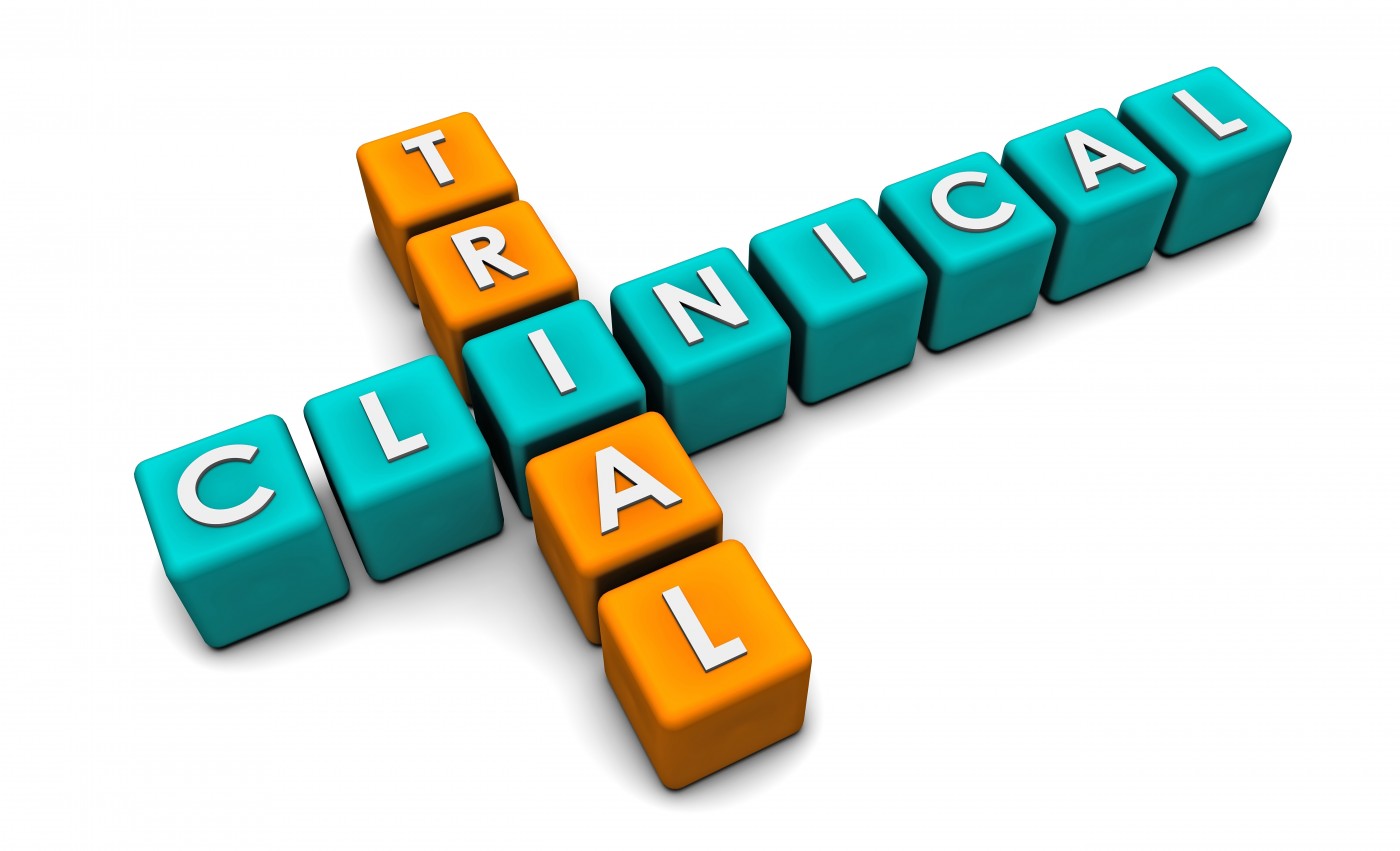Patient in Emicizumab Clinical Trial Dies, but It Appears Not to Be from Treatment
Written by |

A hemophilia patient has died in a Phase 3 trial evaluating Roche’s experimental treatment emicizumab (ACE910), raising further concern about its safety.
Preliminary indications are that the patient died of a rectal hemorrhage and not emicizumab therapy, however, the company said. The death follows reports of serious blood-clotting events in four trial participants in November 2016.
The HAVEN 1 (NCT02622321) trial involves up to 118 hemophilia A patients who had been treated with other episodic or preventive bypassing agents besides emicizumba. Bypassing agents override patients’ need for the clotting factors their blood is missing.
The trial is assessing the characteristics, effectiveness, and safety of emicizumab as a preventive therapy. Some participants are getting the treatment while others — acting as controls — are getting no treatment.
Emicizumab is being administered by injection at a dose of 3 mg per kg of body weight a week for four weeks, followed by 1.5 mg per kg a week up to the trial’s end. The study’s primary measuring stick, or endpoint, is the number of bleeding episodes patients have between the start of treatment and 24 weeks or the discontinuation of the study, whichever occurs first. Secondary endpoints include assessments of several safety issues and quality of life measures.
In November 2016, Reuters reported that four of the trial participants had experienced serious thrombotic events — clots that caused partial or total obstruction of a blood vessel.
In December 2016, Roche reported that the antibody drug reduced the number of bleeding episodes over time, meeting its primary endpoint and bolstering the drug’s market potential.
The company responded to reports of the thrombotic events, which fell into two categories, by saying: “Neither thromboembolic event required anti-coagulation therapy and one patient restarted emicizumab. Both cases of TMA [thrombotic microangiopathy] have completely resolved, and one patient restarted emicizumab.”
The European Haemophiloa Consortium (EHC) said this week that it was “saddened to share” the news of the trial participant’s death. “We requested information from Roche,” it added.
Roche responded by saying that “we respect and value the close relationships that exist within the haemophilia community. We also understand the important role patient organizations play within it. As such, we would like to officially update you on recent events in our HAVEN 1 study.”
Roche gave the EHC a report on the patient’s medical history. The patient received bypassing agents after experiencing a serious rectal hemorrhage, including repeated doses of activated prothrombin complex (aPCC), Roche said. But the patient developed a second serious adverse event — thrombotic microangiopathy.
After doctors discontinued the patient’s aPCC, laboratory values associated with TMA — platelet count and LDH — began improving, Roche said. But the hemorrhage therapy was complicated because the patient declined blood transfusions, it added.
The trial investigator determined that the cause of death was the rectal hemorrhage, not emicizumab.
Roche said the circumstances of the case prompted it to believe that the trial protocol remains appropriate.
It will look at any new information that appears on the case, it said. And it will present the results of the trial, including the benefit/risk profile of emicizumab in the participants, at an upcoming medical meeting.
“For all of us at Roche, patient safety continues to be of paramount importance,” it said. “We will continue to work closely with the IDMC, Steering Committee, and our Investigators to evaluate all safety events that have been observed and to ensure the proper measures are in place to assure continued patient safety.
“Meantime, we would recommend that all questions related to the above safety events be referred to the Roche affiliate in your respective country. Questions from patients participating in an emicizumab clinical trial should be referred to the relevant study investigator.”
In September 2015, the U.S. Food and Drug Administration (FDA) granted breakthrough therapy designation to emicizumab as a preventive treatment for hemophilia A patients 12 and older with factor VIII inhibitors.


